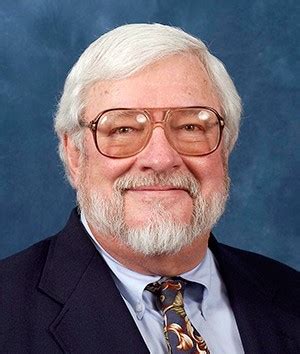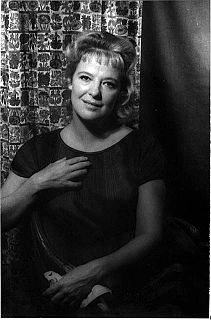A Quote by Ralph Waldo Emerson
Genius has infused itself into nature. It indicates itself by a small excess of good, a small balance in brute facts always favorable to the side of reason.
Related Quotes
I feel myself always the patriot of all oppressed fatherlands. Nationality is a historic, local fact which, like all real and harmless facts, has the right to claim general acceptance. Every people, like every person, is involuntarily that which it is and therefore has a right to be itself. Nationality is not a principle; it is a legitimate fact, just as individuality is. Every nationality, great or small, has the incontestable right to be itself, to live according to its own nature. This right is simply the corollary of the general principal of freedom.
Therefore, if a great kingdom humbles itself before a small kingdom, it shall make that small kingdom its prize. And if a small kingdom humbles itself before a great kingdom, it shall win over that great kingdom. Thus the one humbles itself in order to attain, the other attains because it is humble. If the great kingdom has no further desire than to bring men together and to nourish them, the small kingdom will have no further desire than to enter the service of the other. But in order that both may have their desire, the great one must learn humility.
A small win is a concrete, complete, implemented outcome of moderate importance. By itself, one small win may seem unimportant. A series of wins at small but significant tasks, however, reveals a pattern that may attract allies, deter opponents, and lower resistance to subsequent proposals. Small wins are controllable opportunities that produce visible results.
Man has reason, discrimination and free-will such as it is. The brute has no such thing. It is not a free agent, and knows no distinction between virtue and vice, good and evil. Man, being a free agent, knows these distinctions, and when he follows his higher nature, shows himself far superior to the brute, but when he follows his baser nature can show himself lower than the brute.
All death in nature is birth, and at the moment of death appears visibly the rising of life. There is no dying principle in nature, for nature throughout is unmixed life, which, concealed behind the old, begins again and develops itself. Death as well as birth is simply in itself, in order to present itself ever more brightly and more like to itself.
It is clear that we must trust what is difficult; everything alive trusts in it, everything in Nature grows and defends itself any way it can and is spontaneously itself, tries to be itself at all costs and against all opposition. We know little, but that we must trust in what is difficult is a certainty that will never abandon us; it is good to be solitary, for solitude is difficult; that something is difficult must be one more reason for us to do it.
To despair over one's sins indicates that sin has become or wants to be internally consistent. It wants nothing to do with the good, does not want to be so weak as to listen occasionally to other talk. No, it insists on listening only to itself, on having dealings only with itself; it closes itself up within itself, indeed, locks itself inside one more inclosure, and protects itself against every attack or pursuit by the good by despairing over sin.







































